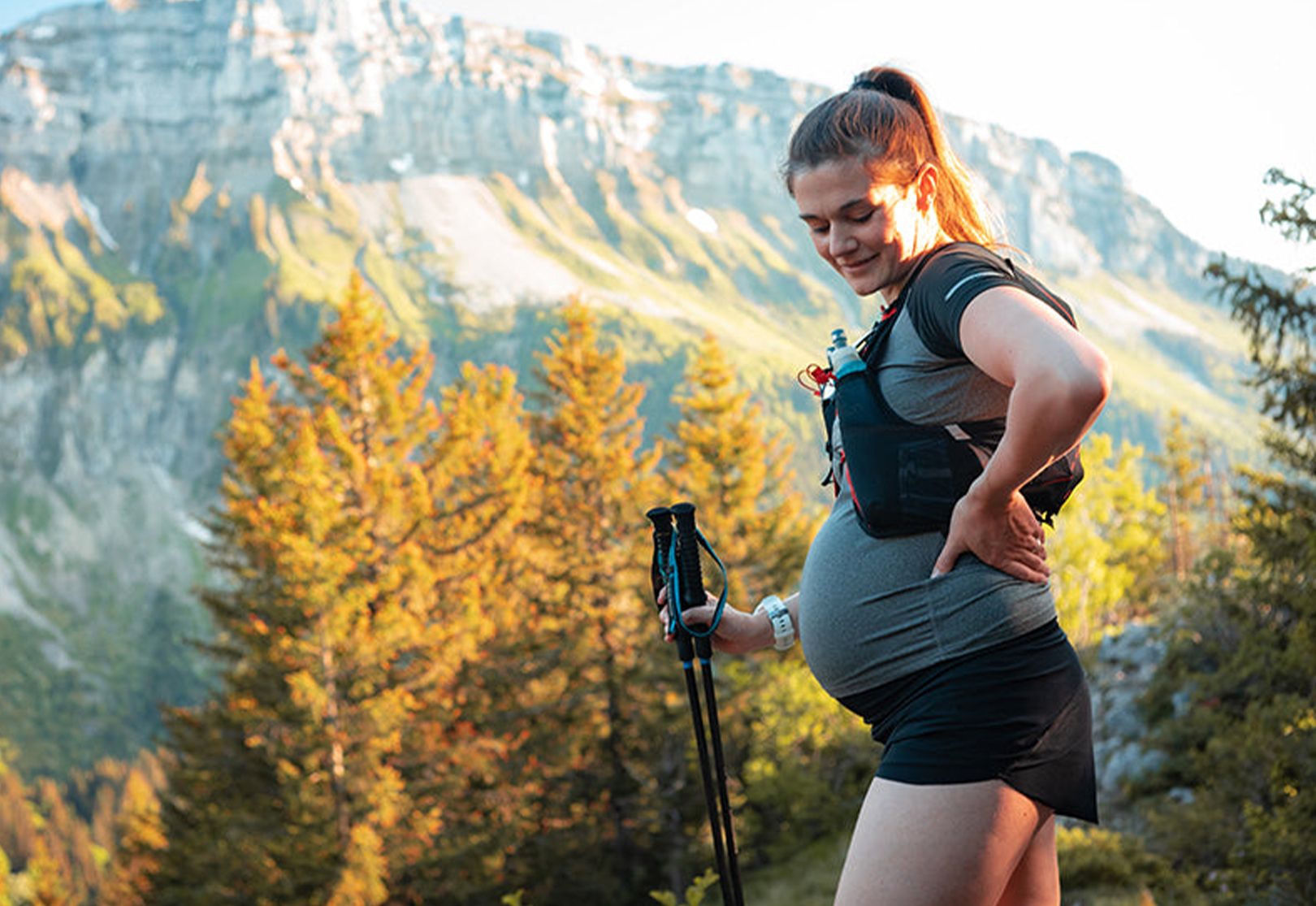
Benefits of Exercising While Pregnant
5 min read | 5 July 2021
6 min read | 09 March 2023

During your pregnancy, your midwife or OB will discuss ways whooping cough can be prevented and what to look out for if your baby becomes unwell.
In scientific terms, ‘Pertussis’ also known as ‘Whooping Cough’, is an extremely contagious respiratory infection caused by the bacterium Bordetella pertussis.
The disease causes uncontrolled coughing and even vomiting, which can last for several months. This can be particularly dangerous for babies under the age of 12 months. The coughing can occur in long spells and often ends with a high-pitched 'whoop' sound when the baby breathes in.
Unfortunately, the condition is also very contagious. Whooping cough is spread through respiratory droplets, these can be transmitted in the air through coughing or sneezing, or close contact with an infected person.
You should visit a doctor as soon as possible if you think your baby may have symptoms of whooping cough. Remember, it's a cough that comes in uncontrollable bouts with the quick inhalation of air causing a ‘whoop’ sound.
Seeing your GP will allow you to get an accurate diagnosis and for treatment to start early. As it is caused by a bacterium, they may prescribe antibiotics to stop the infection from spreading or causing further complications. If your baby is struggling for air or is turning blue at home, remember to call an ambulance immediately on 000.
It is not uncommon for newborns to be hospitalised with whooping cough, this is why it is so important to try and prevent it. If your baby, unfortunately, gets admitted to hospital they may be treated with antibiotics and have oxygen therapy to help with their breathing. Whooping cough in babies under 6 months can cause an apnoea (pause in breathing) which may lead to serious health complications and at worse, can cause long-term disability or death.
Health complications can include:
Lung infection (pneumonia)
Fits (seizures)
Middle ear infections
Brain damage (encephalopathy) due to breathing problems or seizures
Vaccination for mothers during pregnancy helps prevent newborns from getting whooping cough and is recommended by NSW health. The most optimal time for this vaccination is at 28 weeks, however, it can be given any time between 20-32 weeks.
We know that the body makes antibodies from the vaccine that get passed onto the fetus. This then protects our little babies earthside during the first 6 weeks of life before they can get their own vaccinations. Newborn babies are especially vulnerable to whooping cough as they have not yet established their own immunity. Your midwife will discuss this with you and will generally advise you to get vaccinated every pregnancy. Each baby you carry needs that extra dose of immunity so make sure you get it every time around.
But it’s not only you… In order to prevent whooping cough and further protect our little ones it is strongly encouraged that any person who is going to visit the baby needs to have the pertussis vaccine. This booster is recommended every 10 years. To ensure that all your loved ones have developed adequate immunity, encourage them to get vaccinated 4-6 weeks (minimum) prior to your birth. So they too can develop antibodies that prevent the whooping cough infection. Most people may not even know they have it, they may already be contagious even before symptoms present.
It’s also important that you ensure any visitors have no cough, cold or flu symptoms before coming to meet your newborn baby. Trust your instincts, and if you are ever worried or concerned, call for help or see a health professional immediately.
This blog is written by Aliza Carr, a registered midwife from Bumpnbub. All advice is general advice only and should not replace the need for medical advice from your healthcare provider.
Sign up to Pure Love Rewards and get $10 off your first online order, earn points every time you shop and more!